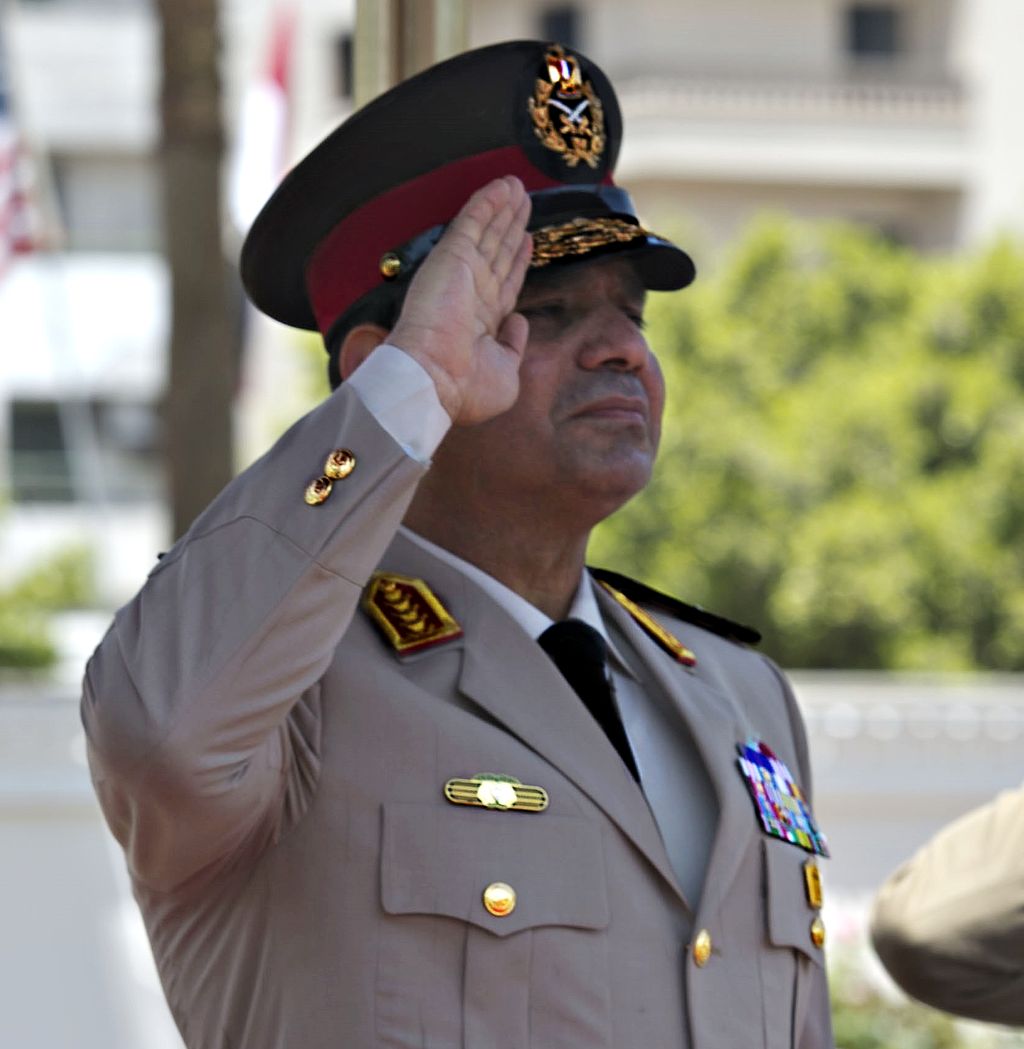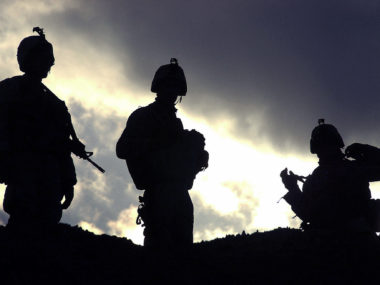
The most recent national survey by the Pew Research Center finds that over fifty percent of Americans support the United States’ use of drone strikes. This support is bi-partisan, and hasn’t really changed over the last 12 months. American support for drone strikes, in other words, is much higher than you would expect given the recent grilling of John Brennan over the use of drones by the Senate Intelligence Committee.
If you ask Americans what their biggest concern is regarding drones, it’s not whether drone strike are employed legally, damage America’s reputation, or lead to retaliation by extremists. Instead, their major concern is that these strikes endanger civilian lives. This attitude is surprising, because one of the main benefits of drone strikes is that they significantly reduce collateral damage compared with other methods of targeting extremists. Some estimates put drone-inflicted civilian casualties at a fraction of what would occur if the US employed conventional strike capabilities more frequently.
So today’s puzzler is this: If the Obama administration knows that most Americans support drones but worry about civilian deaths, why has it been silent about the ability of drones to limit collateral damage? Why keep the information classified when it would help the administration’s cause?
Answer to Last Week’s Puzzler
Last week we asked why Iran does such an amateurish job faking technological and military accomplishments. This is a story we can’t seem to stay on top of: not only is Iran’s recently unveiled F-313 “stealth fighter” a fiberglass mockup, this week Iran released a badly-Photoshopped image of the aircraft in flight over an obvious stock-image background. Again, this fake was quickly detected by international audiences.
The gap between the ambitions and skill of Iran’s Photoshop-wielding propagandists is puzzling. What’s particularly interesting is the confidence these counterfeits’ architects appear to have in their quality. After all, Iran didn’t release fuzzy images of its fake fighter aircraft; instead, it showcased the F-313 in clear, revealing photos. Readers provided some possible answers to this puzzle. Brian Forst judged that the regime’s autocratic insularity causes it to underestimate the intelligence of outside observers. Commenter fb suggested that the regime needs to juggle the need to satisfy internal supporters while avoiding legitimate technical achievements that would raise America or Israel’s threat perception of Iran, potentially triggering a preemptive strike on the country. Thus the regime showcases fake achievements — for example, potentially dual-use rocket technology — convincing to relatively unsophisticated domestic nationalists, but unthreatening to the outside world. Finally, contributor Oliver Kaplan offered a humorous answer: perhaps the Stuxnet worm “keeps messing up their Photoshop.”







0 comments
“If the Obama administration knows that most Americans support drones but worry about civilian deaths, why has it been silent about the ability of drones to limit collateral damage? Why keep the information classified when it would help the administration’s cause?”
The Obama administration also knows that when news of a single child killed in a drone strike goes viral and sets off riots, it won’t matter what Americans thought before about relatively low levels of collateral damage. In our sensational-media world, anecdotes trump statistics. We will never see pictures of the many thousands of innocent lives saved through the use of drones, and the White House knows this too well.
The simple answer might just be that the general public is not a significant limiter on the President’s foreign policy powers in general and in this specific case. If the public doesn’t vote based on the issue, isn’t launching major protests, and isn’t contacting the members of Congress than the incentive to make a case to appeal to the public is minimal. Similarly, any challenge on the civilian casualties front is likely to come from the left, so there’s no need to rebut Republican claims on the matter.
Thus, since public disapproval isn’t really an concern, secrecy (driven in part by the internal politics of target states) trumps.
I’ve got a question that hopefully someone can write a post about:
Suppose there’s an embattled dictator fighting a civil war to maintain his power. The international community can offer asylum, where the dictator steps down (and is credibly protected from prosecution) and the civil war ends, leading to immediate good consequences. Or the international community could prosecute the dictator, in an effort to deter future tyrants.
How do we balance the tradeoff between, on the one hand, asylum and short-term good consequences, and on the other hand, prosecution, deterrence, and long-run good consequences?
Some thoughts on it, while your request doesn’t come through:
http://justiceinconflict.org/2013/01/21/trading-justice-for-temporary-peace-not-just-a-bad-idea/
http://imminentcrisis.wordpress.com/2011/05/11/the-bargaining-problem-in-libya-peace-versus-justice/
http://ictj.org/news/peace-versus-justice-false-dilemma
http://www.issafrica.org/anicj/uploads/Keller_Dichotomy_of_Peace_versus_Justice.pdf
I agree with Greg Sanders; I think the Obama administration’s silence regarding the ability of drones to limit collateral damage is for the following reasons:
(1) Whereas there is a strong opinion around the world against the U.S. drone strikes, it is obviously strongest in the target countries. However, the military establishments and the political executives within those countries have to be onboard to carry out drone strikes. In order for the Obama administration to educate regarding limited collateral damage, it evidently has to explicitly acknowledge these drone strikes which risks putting the foreign governments in direct confrontation with increasing anti-drone public opinion. Therefore these drone operations are kept covert and at times ambiguous to avoid leaving the target states’ governments vulnerable to internal unrest, and offer plausible deniability when confronted.
(2) Often the neighboring countries are used as bases to carry out drone strikes against target states. The inter-state relations and complex nature of some strikes risk exposing confrontational postures between neighboring countries, therefore it serves all parties best to keep these operations covert.
(3) From the domestic perspective; the Obama administration considers it a nonissue as long as the drone strikes target states outsides North America and the targets are not U.S. citizens. Although the issue has been brought in the limelight with the ‘recent grilling of John Brennan,’ it still does not register on the policy issue barometer for critical national/foreign policy issues, especially when the poll shows only 37% of republicans are concerned. Given that during the presidential debate Romney endorsed Obama’s drone strikes; a democratic President taking tough stance on foreign policy will most likely cause no adverse effect in the Democratic constituencies and will only help in the swing states.
(4) Tied in with the above point; breaking silence about the ability of drones to limit collateral damage will also signal open debate regarding the failure to avoid civilian deaths when it occurs, which can bring needless embarrassment/headaches to the Obama administration.